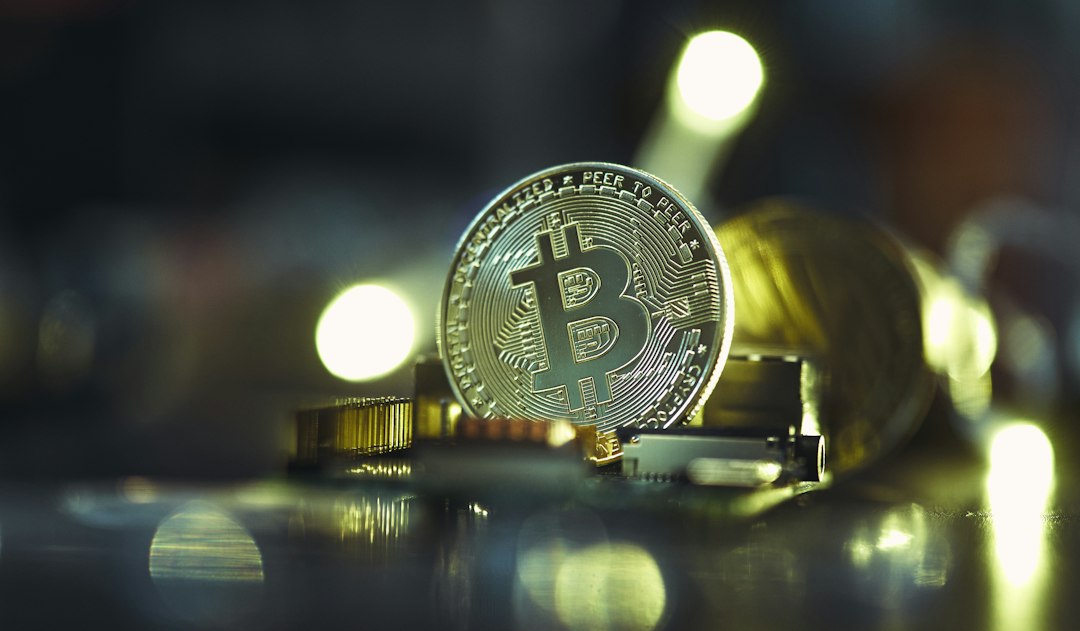Filing a Brief as an Amicus Curiae: Circle Joins the SEC v. Binance Lawsuit
Circle Internet Financial LLC has officially entered the lawsuit between the Securities and Exchange Commission (SEC) and Binance Holdings Ltd. et al. as an amicus curiae. This means that Circle will provide important information or advice to the court regarding questions of fact or law.
Circle’s Statement on Stablecoins
In its brief, Circle stated that payment stablecoins do not possess the essential features of an investment contract. According to Circle, decades of case law support the view that an asset sale without any post-sale promises or obligations does not establish an investment contract.
Circle argues that this argument is significant in the context of stablecoins because if they are not considered securities, they would not be subject to regulatory oversight by the SEC. Circle emphasizes that stablecoins, like its own USDC, are digital representations of traditional fiat currencies and do not have the characteristics of investment contracts.
The Weightage of Circle’s Statements
Circle’s position as an amicus curiae and its vital advice can greatly impact Binance’s chances of winning the lawsuit. By highlighting the lack of ongoing obligations or responsibilities for sellers of stablecoins, Circle aims to establish that stablecoins should not be subject to the same regulatory scrutiny as securities.
What’s Next?
While SEC Chair Gary Gensler has struggled to define whether an investment contract requires a basic contract, Circle’s involvement in the case can strengthen Binance’s position. The insights provided by Circle as an amicus curiae carry significant weight and may influence the outcome of the lawsuit.
Hot Take: Circle Challenges the Classification of Stablecoins as Securities
Circle, as an amicus curiae in the SEC v. Binance lawsuit, argues that stablecoins should not be classified as securities. By emphasizing that stablecoins lack the essential features of an investment contract and do not have ongoing obligations for sellers, Circle asserts that they should not be subject to regulatory oversight by the SEC. This position is crucial for the future of stablecoins and their regulation, as it questions whether they fall under the jurisdiction of securities laws. Circle’s involvement in the case could have a significant impact on the outcome and shape the regulatory landscape for stablecoins.





 By
By
 By
By
 By
By
 By
By
 By
By